A wise response to tackling poverty
How the University’s first social venture is helping international governments and businesses respond to social deprivation

Poverty is often defined in a one-dimensional way, typically associating social deprivation with economic factors. However, when people living in poverty are asked to list their concerns, money is never normally the first issue raised.
Low income is a concern, but the consequences of such poverty: lack of food, poor sanitation, no access to education or healthcare, are among the highest of priorities. How can governments and business address such multi-dimensional issues? This is the story of SOPHIA.
Recognising that poverty is much more than a measure of who lives below a threshold income, prompted University of Oxford researchers at the Oxford Poverty and Human Development Initiative (OPHI) to develop a more comprehensive methodology to measure deprivation.
Professor Sabina Alkire, Director of OPHI, explains the 'multidimensional poverty index' (MPI) was created by her team to empower authorities and governments to focus initiatives on households and areas in most need. It measures deprivation, based on key social indicators that go beyond individual or household income. These focus on the conditions in which people live, such as whether they have access to clean water and sanitation, the quality of housing, access to healthcare, how often children go to school and whether people have regular employment.
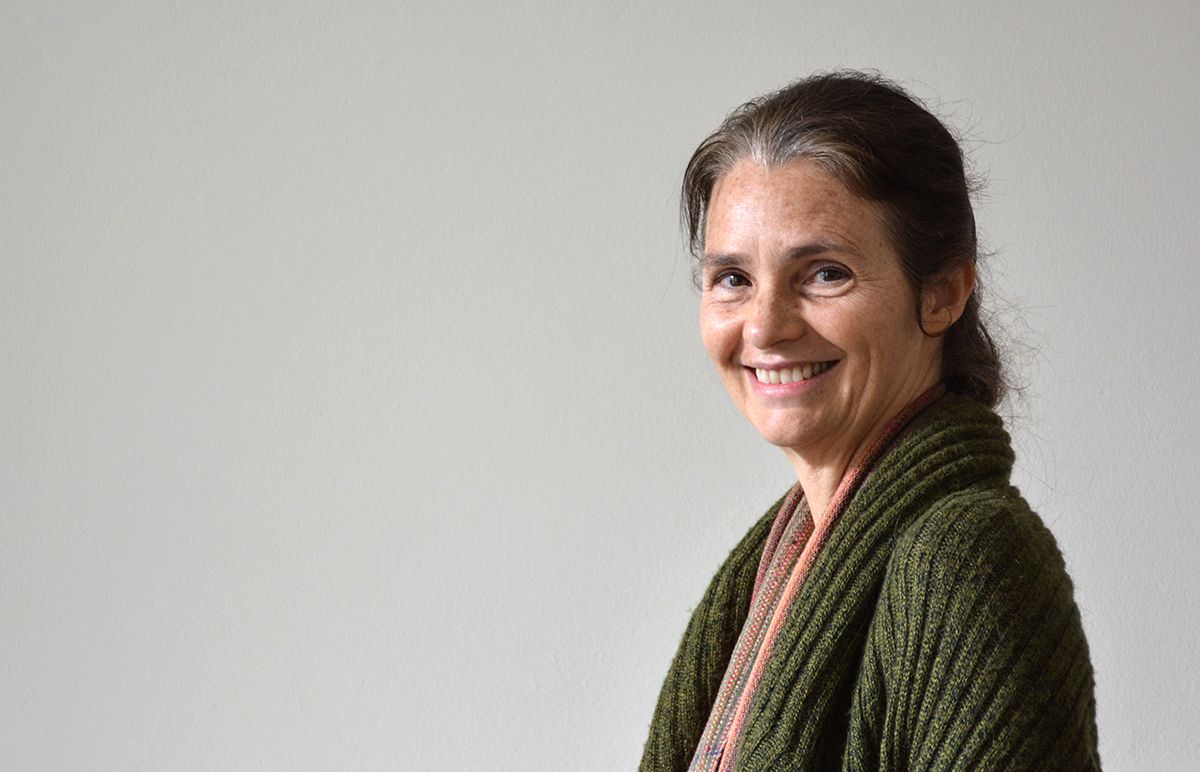
Professor Sabina Alkire
Professor Sabina Alkire
By using the MPI, Professor Alkire's team estimate that, during the COVID-19 pandemic, between 131 million and 547 million people globally joined the 1.3 billion people already believed to be living in poverty.
In just 15 years, the MPI methodology has become widely accepted as a standard for measuring deprivation. And it has been adopted by international organisations including the United Nations, the World Bank and more than 30 governments worldwide.
The index is not limited to use by governments and official organisations. Citigroup has produced a report suggesting it could be used by financiers and global businesses around the world, to ensure investments are forensically targeted at businesses which can show they are measuring and tackling poverty in their supply chains.
To date, this success has been achieved through SOPHIA, a not-for-profit incubator and social spinout, set up by the University of Oxford to allow third parties to use the MPI.
With so much interest from banks, investors and businesses, Wise Responder was launched in late 2021 as a commercial company dedicated to helping businesses, financiers, consultants, and governmental organisations to deploy the MPI to identify and deal with multi-dimensional poverty.
Innovating a new deprivation measure

The groundwork for the MPI came from the work of the 1988 Nobel Prize Winner in Economic Sciences, Professor Amartya Sen. Professor Alkire and her team at the OHPI have re-evaluated how poverty is measured by developing his theory that economists focus far too much on income when assessing poverty and wellbeing. His suggestion that there are wider capabilities at play resonated with Professor Alkire, who agrees that economists need to look beyond seeing social issues solely in economic terms.
Simple household monetary income surveys do not flag-up key indicators of day-to-day living that would benefit from government intervention. For example, people may earn enough to avoid being officially classified 'economically poor'. But, if there is insufficient income to buy enough food and children are taken out of school to work, the household could still be impoverished.
To determine the well-being of individuals, and their wider households, the MPI is used by representatives of agencies around the world, who visit people in their homes, and they can make broader observations against a check list.
"A household will be visited in the context of a general survey about many topics. They will be asked questions about whether children are going to school. The children might be weighed, to see if they are undernourished."
'The representative might ask who is employed, what they do, how many hours they work, if any adults are underemployed, and whether children are involved in child labour. They will look at the roof and the walls, to get an idea of their living conditions, and ask if they have electricity. They will also assess access to water, sanitation and healthcare.'
The tipping point for what determines a household as living in poverty, can change from one country to another. The minimum ideal time a child should stay in education, for example, may vary from one region to another. However, a household will usually be described as living in multidimensional poverty if a third of the indicators are ticked.
The MPI is the first universal tool to inform authorities where they need to focus attention. By removing reliance simply on income levels to include interlinked deprivations, governments can better understand the multiple factors leading to poverty and help them make better and more focussed decisions on issues such as sanitation, education, and access to health care.
Businesses empowered to act
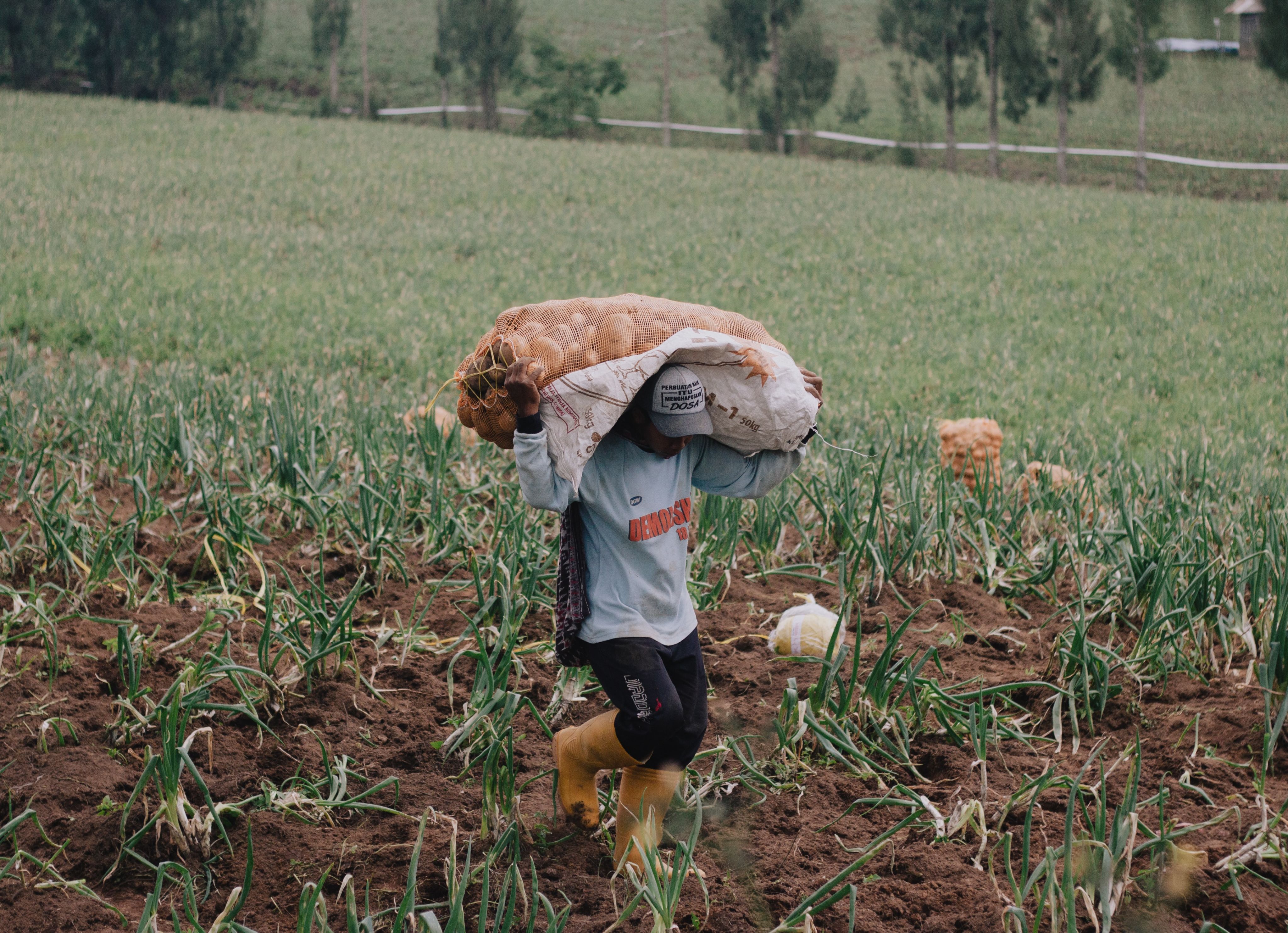
Government organisations have not been the only early adopters of the MPI. Through the SOPHIA incubator, the University of Oxford's first social venture, business organisations have been able to access the index to measure and effectively respond to staff well-being.
The Co-founder of SOPHIA and CEO of the subsequently formed Wise Responder company, Jamie Coats, explains early adopters were unpleasantly surprised by the amount of deprivation identified among their employees, but felt empowered to have such detailed, valuable data.
BAC Credomatic, a large financial group headquartered in Costa Rica, is a good example. After visiting a slum, the company Chairman was motivated to check on the firm's employees and found 12% were living in multi-dimensional poverty.
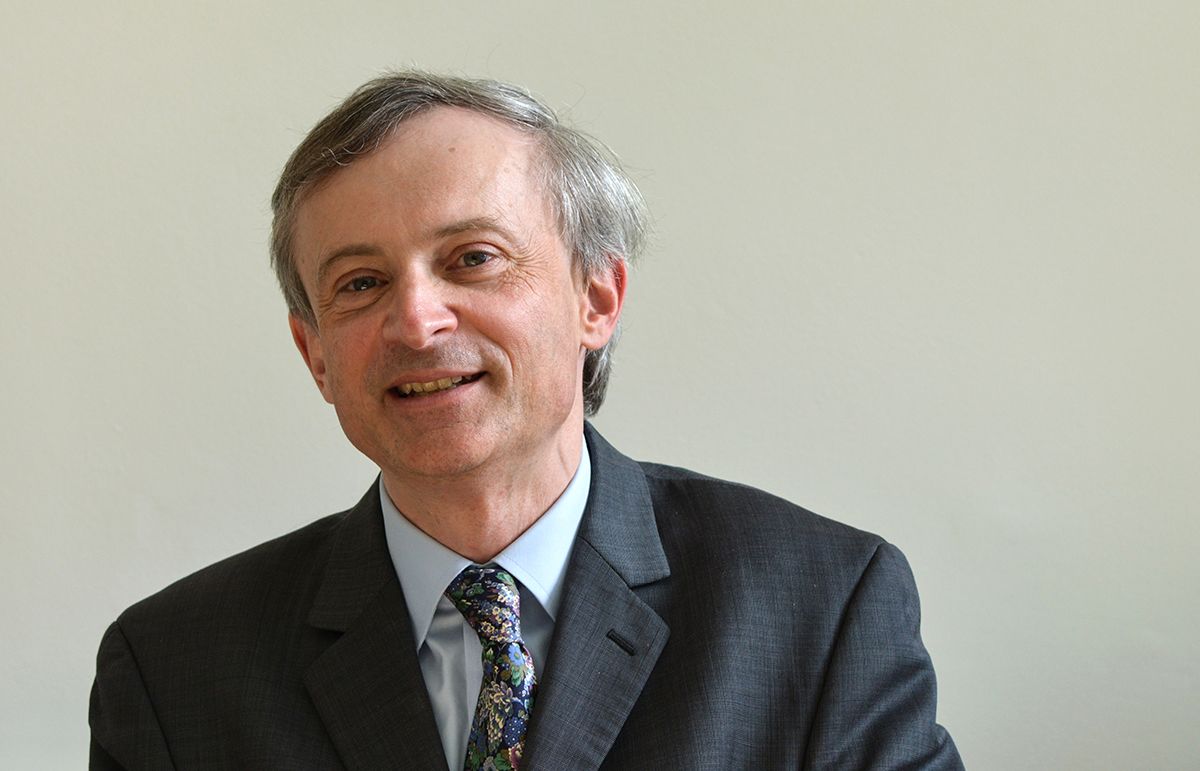
Jamie Coats
Jamie Coats
"They were shocked, but they were also brave enough to publish the number and commit to integrate initiatives within the company's employment support benefits system."
'We work with a non-profit group of more than 70 companies in Costa Rica, called Horizonte Positivo, which surveyed their employees using the MPI. They discovered just under 10% of the people who are multi-dimensionally poor in Costa Rica, are employed by their companies, and that ranges from banking to bananas.'
Horizonte Positivo describes the MPI as 'an instrument that promotes the integral human development of employees and their families, thanks to a robust statistical system that measures dimensions five dimensions: health, education, housing, social protection and employment and a total of 19 indicators'.
These companies have launched schemes to help their employees, including access to financial advice, and this is improving living standards and well-being.
Commercialising the poverty standard
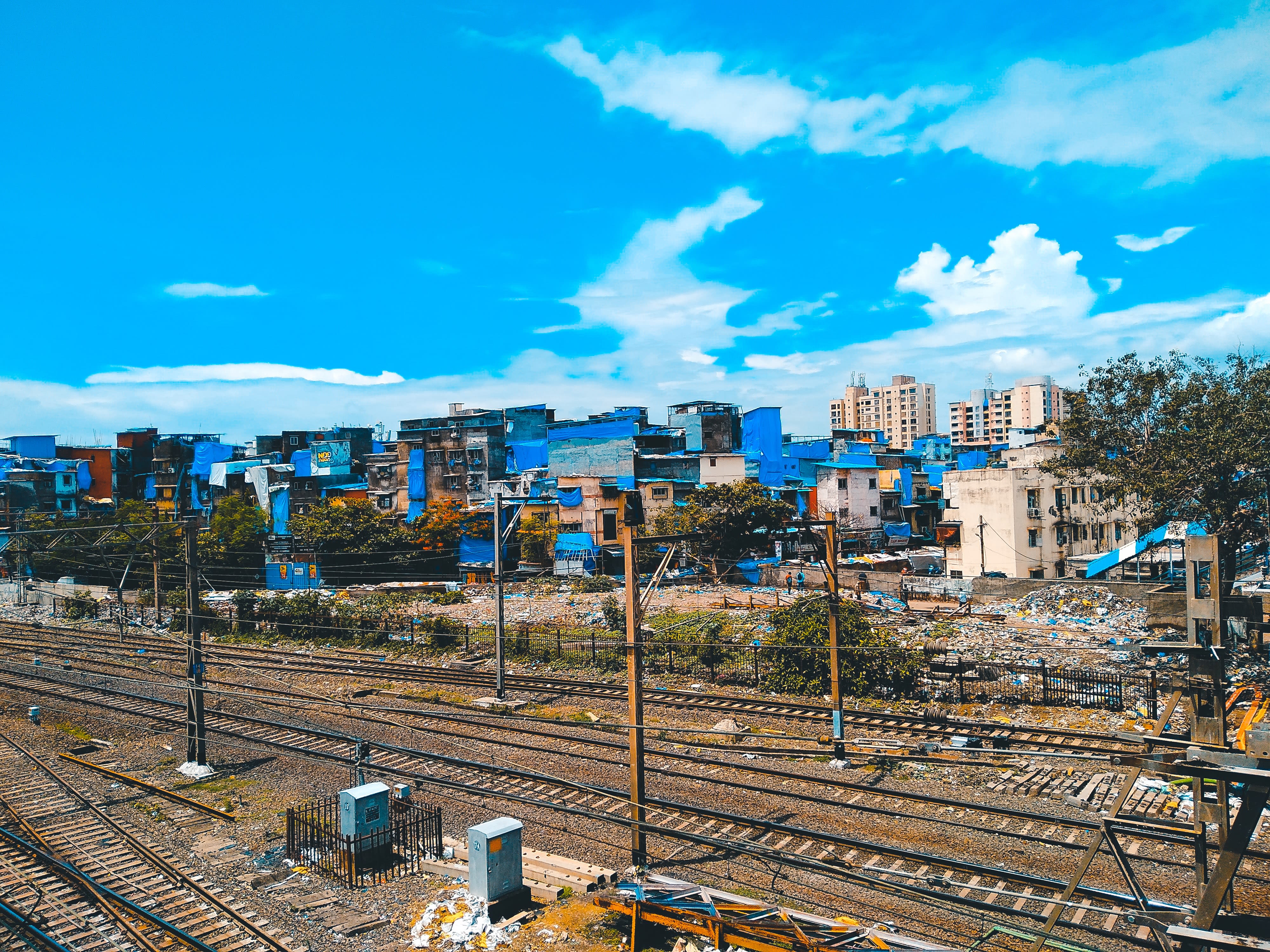
Major global businesses, including the brewer AB InBev, and the Italian oil company, Eni, have started to use the methodology to demonstrate commitment to employee well-being throughout their supply chains. This is a key consideration in a new banking landscape, where investments are being increasingly linked to Environmental, Social and Governance (ESG) issues.
It was this synthesis of social issues and investment goals that prompted the SOPHIA team to launch Wise Responder, a business designed to commercialise and widen use of the MPI standard and help companies implement their ESG goals.
'Wise Responder is a data analytics business supplying the financial, corporate and management consulting firms with tools and analytics to apply the MPI measure developed at the University of Oxford,' Coats explains.
'It can then drive the methodology through the financial markets, helping financiers to create bonds and loans aligned to indicators on corporate programmes and sustainability reporting, as well as helping to design internal management systems that are tracked against the MPI indicators.
"With the Wise Responder Action Kit, you have a set of metrics being driven through the whole arc of the economic framework; from investment, through to dealing with employees and customers on the ground."
The initial response to Wise Responder has been very positive because, Coats believes, companies want to treat their employees well, attract the best talent and investors want to use a standard measure that demonstrates social responsibilities are being taken seriously.
He believes the social discussion currently happening in boardrooms is around ten years behind the environmental concerns currently driving company decisions. However, he predicts that by the end of the decade, social issues will be just as important in boardroom decisions. And companies will need to adopt a metric, such as the MPI, to demonstrate commitment to quantifying the social issues they face in their supply chains, and then measuring progress in tackling them.
'By 2030, Citigroup has set itself a target to write $1 trillion worth of bonds and loans that are split between half a trillion based on social metrics and half a trillion on environmental metrics,' Coats says.
'You're talking about huge amounts of capital, having indicators aligning those fund flows. What is missing from all of this is a highly robust methodology that can look at outputs on the ground. This is where the MPI methodology comes in. The way Sabina has worked with national statistics offices around the world, to get buy-in and recognition, while maintaining the rigour of the system, is very significant. There is no other measure like it in the world.'
Oxford leads in social science innovation
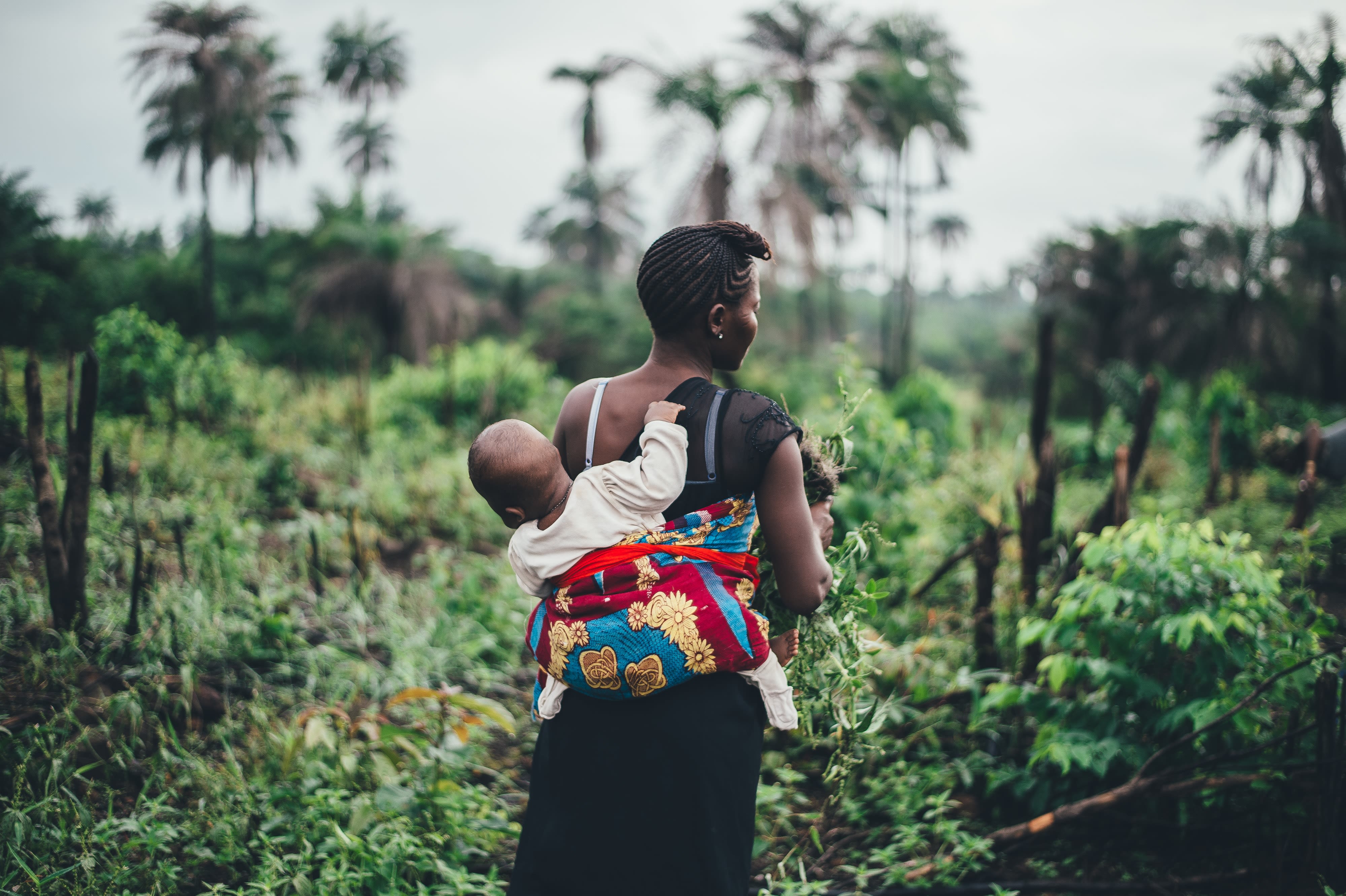
Reflecting on the transition to launching the Wise Responder business, Dr Alkire believes it would have been very hard to develop and roll out the MPI from another university setting. She came to Oxford from Harvard, believing it to be a supportive environment for female researchers and one which, crucially, had the means to turn social science innovation into spinout ventures, delivering impact in the real world.
She credits Oxford University Innovation (OUI), the University's knowledge transfer office, as being an indispensable part of the journey, supporting the team's work and turning it into a spinout.
'Oxford University Innovation has been incredibly helpful in helping us to navigate how we turn our work into a company,' she says. 'I'm a researcher, rather than a businessperson, and it’s fair to say SOPHIA and Wise Responder would not exist without OUI’s support.'
Chris Fellingham, Social Sciences and Humanities Lead at OUI, believes this is possible because of the University's strong commitment to supporting social ventures. Oxford is a world leader in launching social science spinouts, helping 11 companies so far to incorporate, with more than 20 in the pipeline.
"Social sciences haven't been traditionally incorporated into universities' innovation or commercialisation strategy. Oxford has been at the forefront of this, not just in the UK, but globally."
'Social scientists are moving away from influencing policy through publications and talks. They are now creating their own businesses to deliver the intervention themselves, to create the impact from their own research. SOPHIA and Wise Responder are pioneers in that space of combining research with an entrepreneurial spirit to solve real-world problems.'
This application of social sciences to deliver impact in global businesses is going to become more profound in the years to come, according to Dr Philippa Christoforou, Social Ventures Lead at OUI. With environmental consciousness now heightened after the COP26 summit and social issues, such as combating inequalities in healthcare access, being brought to the fore by the coronavirus pandemic, consumers look to businesses to show they are good corporate citizens.
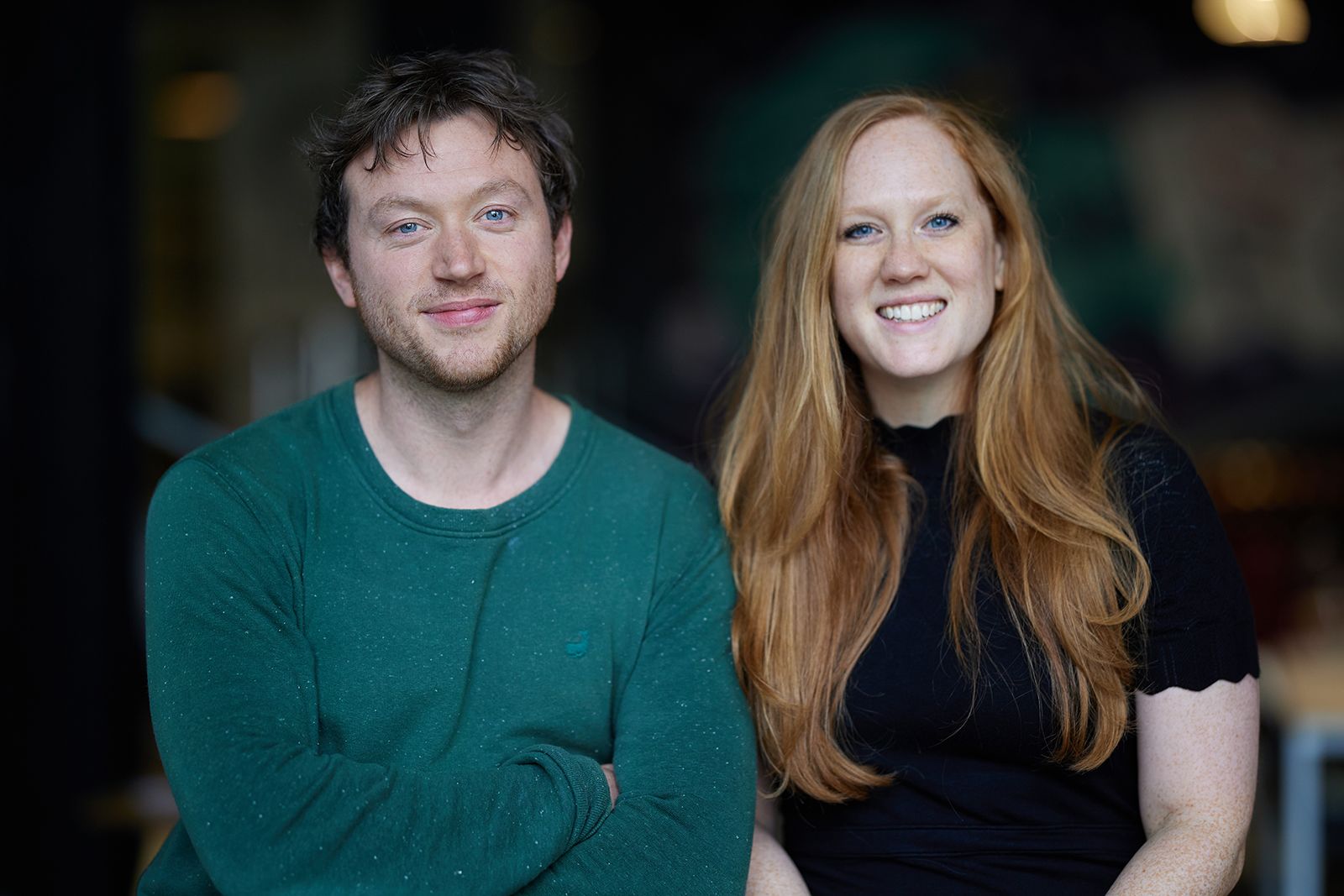
Chris Fellingham (left), Social Sciences and Humanities Lead at OUI and Dr Philippa Christoforou, Social Ventures Lead at OUI
Chris Fellingham (left), Social Sciences and Humanities Lead at OUI and Dr Philippa Christoforou, Social Ventures Lead at OUI
'Socially responsible businesses are on the rise because, given the current climate, companies that are solely focussed on returning money to shareholders, are increasingly less attractive, particularly to the younger generation,' she says.
'They want to see products proven to come from more reputable businesses. They want sustainable clothing and food that is fairly traded. They want to know there is no slavery, child labour or people working in poverty involved in a product’s supply chain. Having an agreed methodology available to businesses to demonstrate that they share these values, and act on them, is increasingly required by businesses seeking growth.'
Social issues are now a lens through which financiers assess where to lend funds, top talent chooses its next career move, and consumers select from whom they buy.
The launch of Wise Responder's Action Kit will bring clarity to this movement, empowering businesses, and organisations to attract investment, the brightest talent, and the most loyal customers, by demonstrating their commitment to gaining a better understanding of poverty and will enable them to tackle the associated challenges more effectively.
Outcomes
Business Multidimensional Poverty Index (BMPI): impact in Costa Rica

45+
companies on board
3,900+
households benefited with solutions
33,662+
households surveyed
1,400+
initiatives in process of implementation
Inspired by our innovators?
Get in touch with collaboration@admin.ox.ac.uk or visit https://www.ox.ac.uk/research/engage-with-us to see how we could help you make a difference.


